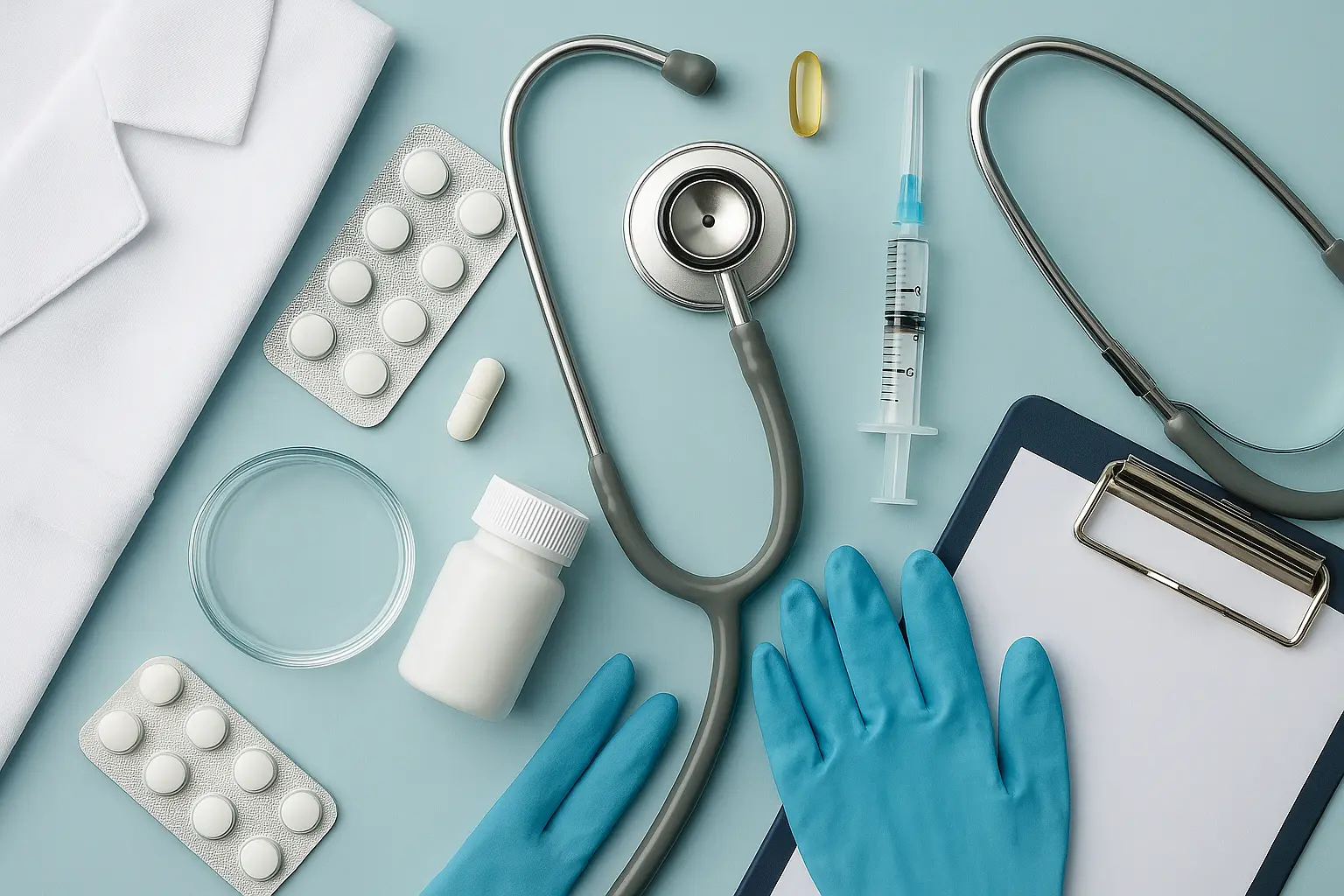ISO 14791 Medical Device Risk Management Certification
The ISO 14791:2012 standard provides a framework for managing risks associated with medical devices. This internationally recognized standard ensures that healthcare organizations and manufacturers can identify, analyze, evaluate, control, monitor, and review the risks related to their products or services. Compliance with this standard is crucial for ensuring patient safety and regulatory compliance.
ISO 14791 focuses on the process of risk management rather than specific technical requirements for medical devices. It applies to all stages of a product’s lifecycle, from design and development through production and distribution, up until the device has been removed from the market. This comprehensive approach helps organizations understand potential risks early in the product development cycle, allowing them to address these issues before they become critical problems.
One key aspect of ISO 14791 is its emphasis on risk management documentation. Organizations are required to document their risk management process and maintain records that demonstrate compliance throughout the lifecycle of a medical device or service. This includes identifying hazards, assessing risks, deciding whether controls are necessary, implementing those controls, verifying their effectiveness, and maintaining surveillance to monitor any changes in risk over time.
The standard also stresses continuous improvement within an organization’s risk management system. By regularly reviewing and updating the risk assessment process, organizations can ensure that they remain responsive to new information or evolving conditions that might impact patient safety. Regular audits play a critical role here by providing independent verification of compliance with the ISO 14791 requirements.
Compliance with ISO 14791 is particularly important for medical device manufacturers who wish to enter international markets, as many countries require proof of conformity to certain standards before approving new products. In addition to enhancing safety and quality, certification under this standard can enhance a company’s reputation among healthcare providers and patients alike.
For those looking to obtain ISO 14791 certification, it is essential to work with experienced professionals who understand both the technical aspects of medical devices as well as the nuances of international standards like ISO. Our team specializes in helping clients navigate through this complex process efficiently and effectively.
Why It Matters
The importance of rigorous risk management cannot be overstated, especially when dealing with healthcare products where even minor flaws could have severe consequences for patients' health. By implementing ISO 14791, organizations demonstrate their commitment to patient safety and quality care.
- Reduces the likelihood of adverse events due to latent risks
- Improves overall product reliability and performance
- Enhances trust between healthcare providers and patients regarding the safety and efficacy of medical devices
- Fosters innovation by encouraging continuous improvement practices
- Aids in meeting regulatory requirements across various jurisdictions
Implementing robust risk management procedures not only protects patients but also supports sustainable business operations. Organizations that prioritize patient safety early on are better positioned to avoid costly recalls and lawsuits later down the line.
Applied Standards
| Standard Number | Description |
|---|---|
| ISO 14791:2012 | Risk Management for Medical Devices |
| EN ISO 14791:2013 | European counterpart of the above standard |
| Standard Number | Description |
|---|---|
| IEC 62353 | Risk Management for Medical Devices - Guidance on Application of ISO 14791 |
| ASTM F2087-14 | Risk Analysis and Risk Management for Medical Devices |
Environmental and Sustainability Contributions
- Promotes sustainable product design by encouraging early identification of potential risks which can lead to more environmentally friendly solutions
- Encourages continuous improvement practices that contribute positively towards reducing waste throughout the supply chain
- Fosters a culture of responsibility among all stakeholders involved in medical device manufacturing and distribution
- Supports lifecycle thinking, emphasizing sustainability from raw material sourcing through disposal
The principles outlined in ISO 14791 contribute significantly to environmental stewardship by promoting responsible practices that minimize harm while maximizing benefits. These efforts align with broader global goals aimed at creating healthier environments for future generations.





